Get Started for FREE
Sign up with Facebook Sign up with X
I don't have a Facebook or a X account
 Your new post is loading... Your new post is loading...
 Your new post is loading... Your new post is loading...

Stacy Pickett's curator insight,
August 11, 2014 2:29 PM
Interactive, linked with videos! Students would enjoy exploring!

Melissa Marshall's curator insight,
October 25, 2014 10:42 AM
A very interesting article that examines whether digital literacy is a surface approach, or something understood clearly by students. I think we could do it a little better, and this involves some extra awareness of these teaching moments when they arrive! For instance, I use the first presentation-style assignment for my Year 7s to teach about plagiarism and referencing online sources.
Julie Hogarth's curator insight,
November 4, 2014 9:09 PM
Digital Literacy should be integrated into every day curriculum to be effectively instilled into student thinking and behavior.

Viljenka Savli (http://www2.arnes.si/~sopvsavl/)'s curator insight,
February 14, 2014 4:24 AM
Here is a nice example of evolution of a teacher approach to ICT :)
Shannon CdeBaca's curator insight,
October 18, 2013 12:54 PM
Had to add this as it speaks on several levels and it made me smile.

Peter Evans's comment,
July 19, 2013 2:28 PM
A useful summary table although I'd emphasise that the different 'versions' of education all have their place - v2.0 does not supercede v1.0

Elke Watson's comment,
July 19, 2013 4:49 PM
Thank you. I'm not quite ready myself to do away with teaching professionals or brick and mortal education. I value learning in a group context. I found the second summary table more useful (pedagogy, andragogy, heutagogy)

Veronica Hoyos's curator insight,
March 13, 2014 9:22 PM
We could talk of the evolution from Education 2.0 to education 3.0 after carrying an evaluation on the impact of the Web 2.0 in education

Victor Marín Navarro's curator insight,
March 16, 2013 8:59 AM
¿Cuáles son los elementos más importantes en un Proyecto de Aprendizaje? Aprendizaje significativo, necesidad de saber, un hilo conductor en forma de pregunta, aprendizaje activo por parte de los alumnos que implique elección, heramientas para el siglo XXI, descubrimiento e innovación, feed-back y revisión, presentación oral y pública del producto. 
Tamra Dollar's curator insight,
July 23, 2013 2:53 PM
PBL's begin with a driving question, one that is relevant to the learner and fosters engagement. Feedback is ongoing and essential for learner to happen. |

Becky Roehrs's curator insight,
November 19, 2014 8:08 AM
Over 30 pages of ideas of how to pick and use games with your students.

Kirsten Macaulay's curator insight,
February 19, 2014 4:30 AM
A literacy-rich environment in classrooms and schools, for example, is an important K-12 foundation to support and extend effective instruction. And, effective vocabulary instruction (here, here, here, and here, too) is an integral part of a comprehensive literacy framework and supports student learning and achievement. Building a common language educators is also important, though frequently lacking. A common language helps teachers, coaches, and administrators communicate more easily and specifically around instructional strategies associated with literacy instruction, educational initiatives, and the Common Core State Standards

Kirsten Macaulay's curator insight,
December 22, 2013 5:28 AM
This title of this post states “simple but not easy” because to answer the questions is simple. I know that every good teacher would answer these questions in the direction of student-centric education; one that is in the best interests of the student. But implementation is another thing. To implement the non-maintstream alternative is not easy given the accountability systems, one’s own training and background, and mandated school initiatives. It takes a strong, self-directed and courageous educator to do so.

Roberto Ivan Ramirez's curator insight,
July 16, 2013 8:06 PM
En el modelo TPACK se agrega una serie de fases metodológicas que de alguna manera puede enriquecer y complementar la creación de proyectos colaborativos académicos, sin embargo esto tiene que pilotearse para observar y monitorear su nivel y grado de efectividad en el caso que esto se intente enfoacar a través de entornos personales de aprendizaje y posteriormente con la ampliación de redes personales de aprendizaje, es parte de lo que intento llevar a cabo con los cursos que implementé: comprobar si efectivamente o no se pueden concretar experiencias tecno pedagógicas significativas y pertienentes a nivel universitario, o con docentes y alumnos de escuelas secundarias, aun no tengo esos datos para compartirlos, pero esperemos relizarlo más adelante. Por lo pronto sigamos tejiendo las conexiones y los nodos con las herramientas y personas invitadas y las que se puedan sumar. 
Deborah Chad's curator insight,
August 31, 2013 5:57 PM
Not so sure I agree with this at first glance- but need to explore it more- design theory seems to change often

Camille Lutz's curator insight,
April 29, 2013 11:27 PM
This information is helpful when looking at pedagogy and technology. 
Tracy Hanson's curator insight,
May 1, 2013 7:22 AM
Both useful tools when setting up your iPad efficiently

Monica S Mcfeeters's curator insight,
February 4, 2013 12:59 PM
How do you test creativity and innovation using "set" core standards of evaluation? Creativity and innovation require a certain amount of willingness for failure and risk taking. How does training for common core test "standards" assist that higher level goal?

Marcine Adams's curator insight,
January 23, 2014 4:48 PM
This article reminds everyone of what our educational system was once based on, and the system does not work. Our old system and pedagogies view students on an assembly line thinking that's the fast track to career ready students.Change is necessary, but what type of change is controversial. We need to prepare students to be 21st century learners but until we can cleary define what that means our system is somewhat overwhelming and chaotic. |




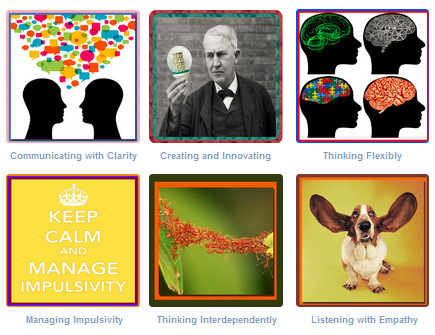
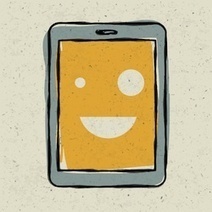
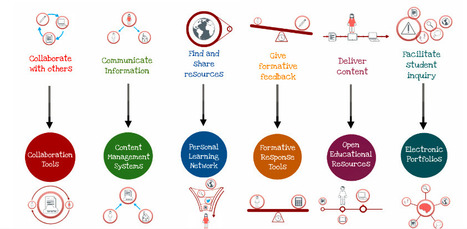

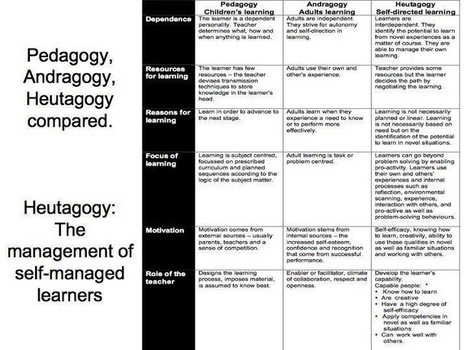
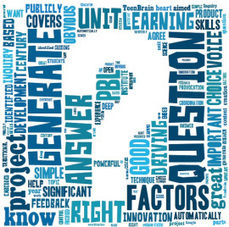

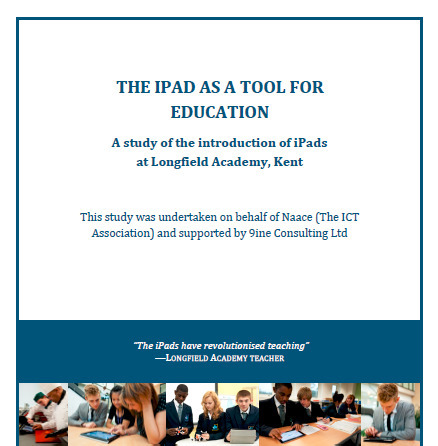
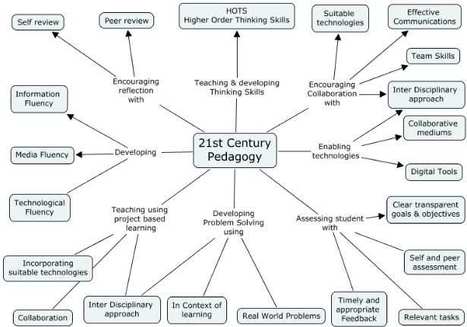


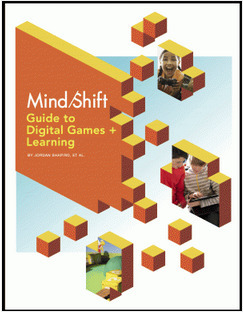

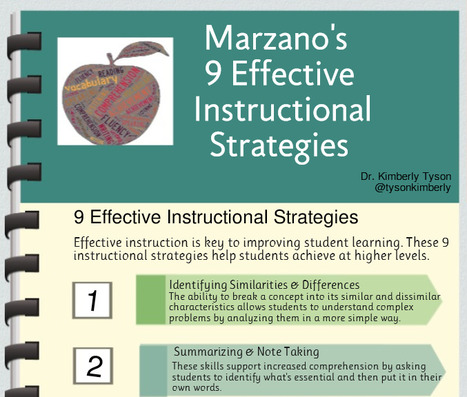

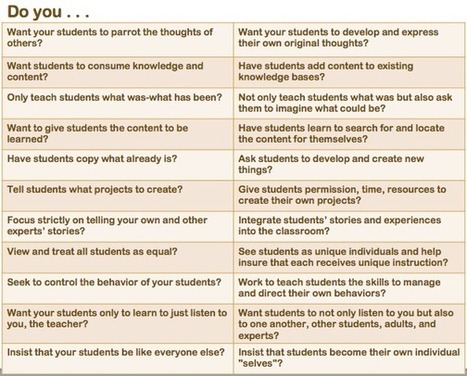
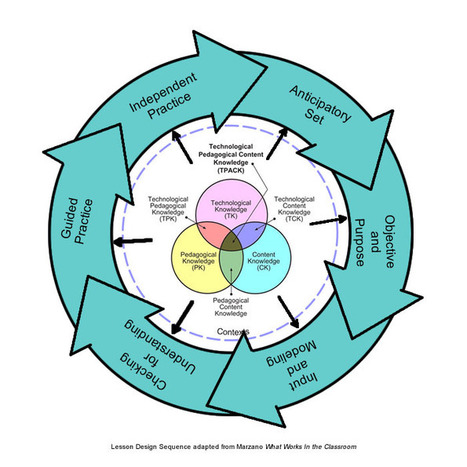

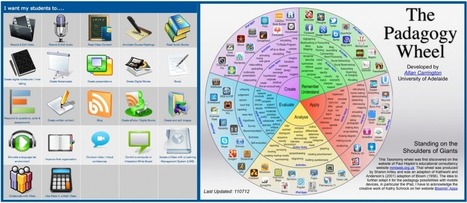

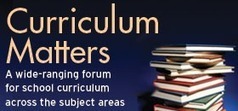
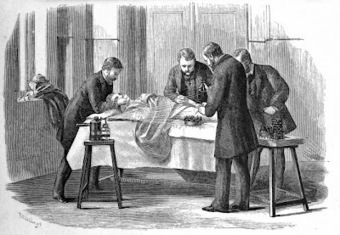
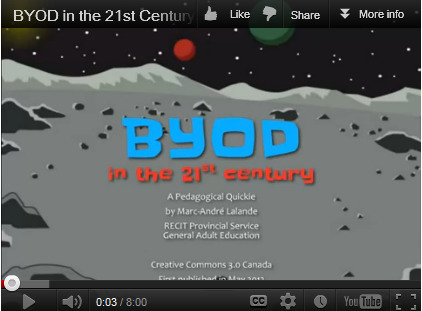
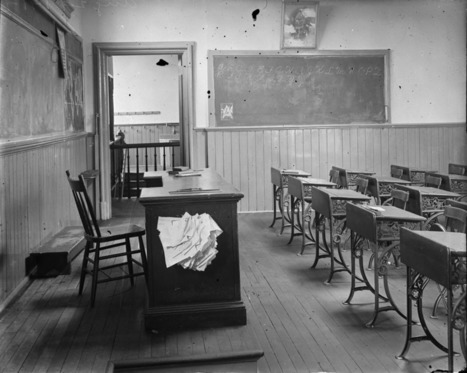
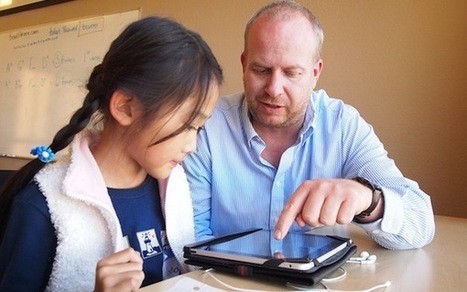





A resource of ideas that teachers have found implemented in their classrooms. With useful links provided.